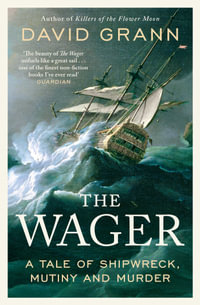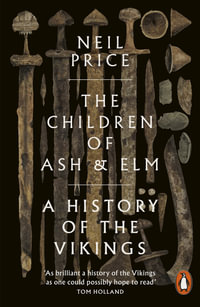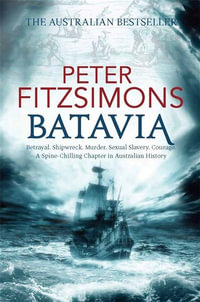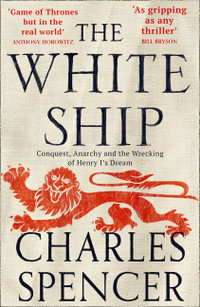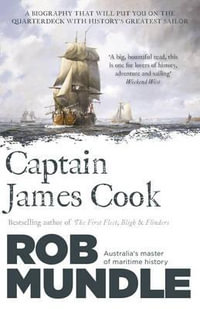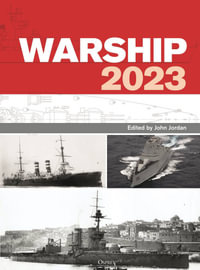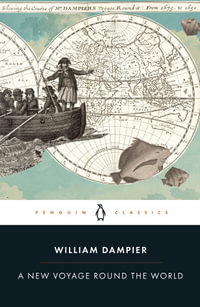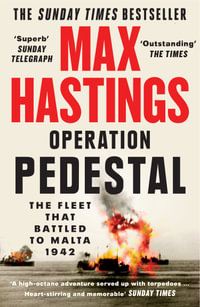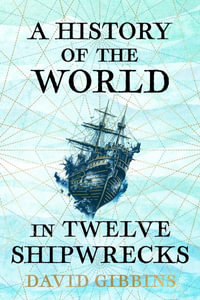From a Bronze Age ship built during the age of Queen Nefertiti and filled with ancient treasures, a Viking warship made for King Cnut himself, Henry VIII's spectacular Mary Rose and the golden age of the Tudor court, to the exploration of the Arctic, the tragic story of HMS Terror and tales of bravery and endurance aboard HMS Gairsoppa in World War Two, these are the stories of some of the greatest underwater discoveries of all time. A rich and exciting narrative, this is not just the story of those ships and the people who sailed on them, the cargo and treasure they carried and their tragic fate. This is also the story of the spread of people, religion and ideas around the world, a story of colonialism and migration which continues today.
Drawing on decades of experience excavating shipwrecks around the world, renowned maritime archaeologist David Gibbins reveals the riches beneath the waves and shows us how the treasures found there can be a porthole to the past to tell a new story about the world and its underwater secrets.
About the Author
David Gibbins is the author of twelve novels that have sold over three million copies in thirty languages. He has been on both the New York Times and the Sunday Times top ten bestseller lists, and he has been a Newsweek number one bestseller in Poland. As well as nine novels in his Jack Howard series of archaeological thrillers, he has written two novels set in the world of ancient Rome. David has a PhD in archaeology from Cambridge University, is a passionate diver and derives much of the inspiration for his novels from the many expeditions he has led around the world to investigate ancient shipwrecks and other archaeological sites. His awards have included a Fellowship and Medallion from the Winston Churchill Memorial Trust.
Industry Reviews
'Masterful and entrancing - this is big history at its best.' - Professor Alice Roberts, author of Ancestors
'A real-life Indiana Jones takes readers on a dive through these underwater museums, revealing the sunken secrets of the past' - The Times
'Fascinating... wonderful material, well researched and placed in its wider context' -Spectator

